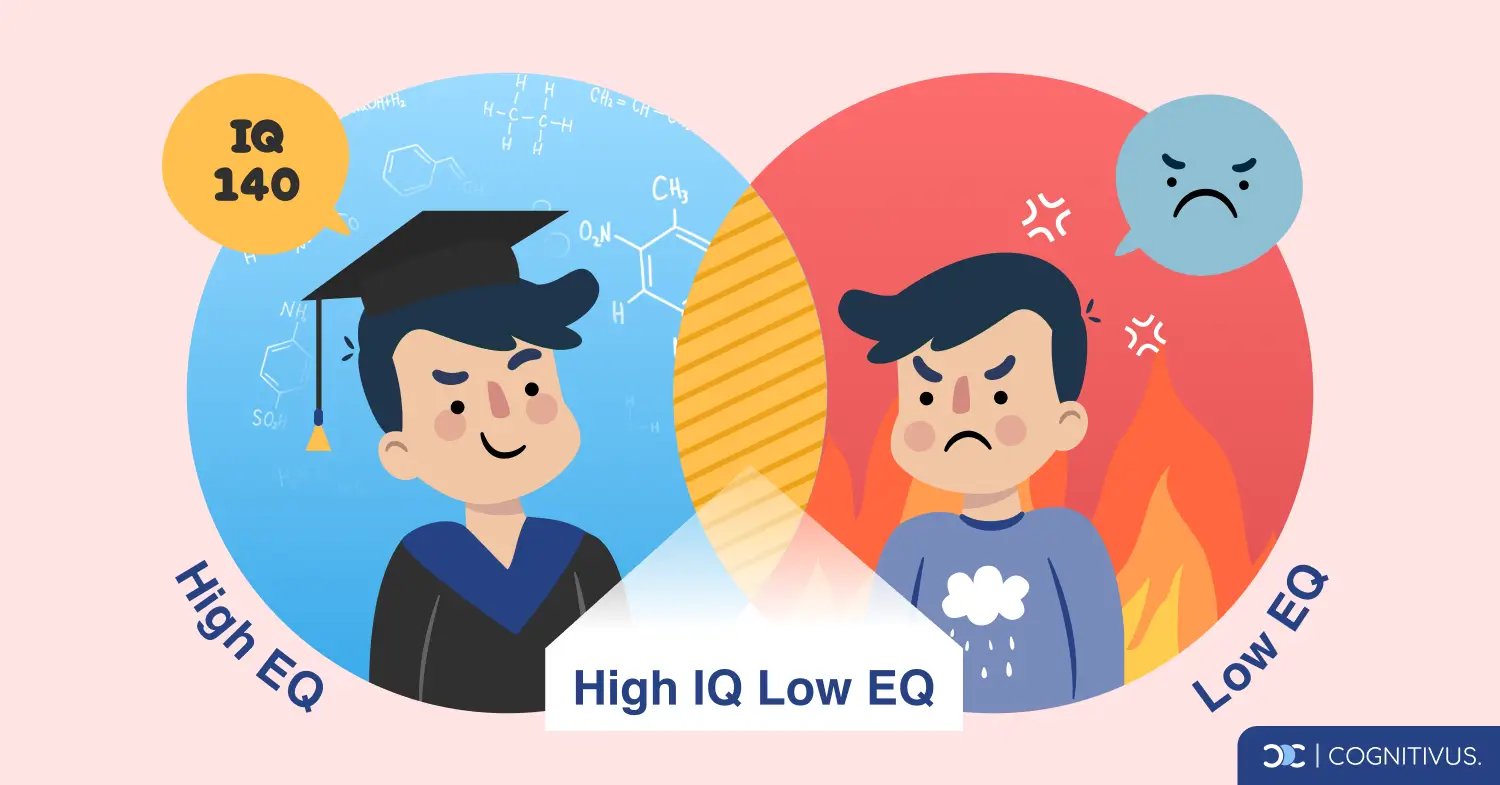Unleashing the Power of Association - Pavlov's Revolutionary Theory

The Accidental Discovery
Ivan Pavlov's groundbreaking theory of classical conditioning was discovered by accident while studying the digestive system of dogs. This unplanned revelation led to a profound understanding of the intricate relationships between stimuli, responses, and the subconscious mind.
The Curious Observation
Pavlov noticed that the dogs began to salivate before food was even presented, simply by hearing the sound of the laboratory assistant's footsteps. This curious observation sparked Pavlov's interest and led him to investigate further.
Unraveling the Mystery
Through his experiments, Pavlov discovered that the dogs had learned to associate the sound of the footsteps with the presentation of food. This association triggered a conditioned response, salivation, even before the food was visible. This accidental discovery revolutionized our understanding of learning and behavior.
The Laws of Classical Conditioning
Ivan Pavlov's groundbreaking work led to the formulation of the laws of classical conditioning, which elucidate the process of learning associations between stimuli and responses. These laws are fundamental to understanding the intricacies of classical conditioning and its applications.
Law of Acquisition
The law of acquisition states that a conditioned response (CR) is learned when a neutral stimulus (NS) is consistently paired with an unconditioned stimulus (US) that naturally elicits an unconditioned response (UR). Through repeated pairings, the NS becomes a conditioned stimulus (CS) that can evoke the CR.
Law of Extinction
The law of extinction explains that when a conditioned stimulus (CS) is repeatedly presented without the unconditioned stimulus (US), the conditioned response (CR) gradually diminishes and eventually disappears. This occurs because the association between the CS and US is weakened due to the lack of reinforcement.
Law of Spontaneous Recovery
Despite extinction, the law of spontaneous recovery reveals that a previously conditioned response (CR) can reappear after a period of time, even without further training. This phenomenon demonstrates that the association between the conditioned stimulus (CS) and unconditioned stimulus (US) is not entirely forgotten.
Law of Stimulus Generalization
The law of stimulus generalization states that a conditioned response (CR) can be elicited by stimuli similar to the original conditioned stimulus (CS). This occurs because the individual learns to associate the CS with the unconditioned stimulus (US), leading to a generalization of the response to related stimuli.
Pavlov's Experiment and Findings
The Groundbreaking Study
Ivan Pavlov's pioneering experiment revolutionized our understanding of associative learning. In his iconic study, Pavlov rang a bell every time he presented food to dogs, leading to a fascinating association between the bell and salivation.
Classical Conditioning Unveiled
Through his meticulous research, Pavlov discovered that the dogs learned to salivate in response to the bell alone, demonstrating classical conditioning. This fundamental concept transformed the field of psychology, revealing the powerful influence of associative learning on behavior.
Key Findings
- The dogs initially salivated only in response to the food, but eventually, the bell alone triggered salivation.
- Pavlov identified the bell as a neutral stimulus, which became a conditioned stimulus through association with food.
- The food acted as an unconditioned stimulus, naturally eliciting salivation.
- The association between the bell and salivation was a conditioned response, illustrating the power of classical conditioning.
Implications and Legacy
Pavlov's experiment and findings have had a lasting impact on psychology, education, and beyond. His work laid the foundation for understanding how associations shape behavior, influencing fields like behavioral psychology, advertising, and learning theory.
Applications and Implications
Widespread Applications
Classical conditioning, a fundamental concept discovered by Ivan Pavlov, has far-reaching implications and applications in various fields. Its significance extends beyond the realm of psychology, influencing education, advertising, and more.
Psychology and Behavior
Understanding classical conditioning provides valuable insights into human behavior, learning, and memory. By recognizing how associations are formed, we can better comprehend the underlying mechanisms driving our actions and decisions.
Education and Learning
In educational settings, classical conditioning can inform teaching methods and learning strategies. Teachers can leverage associative learning to create engaging and effective lesson plans, enhancing student engagement and knowledge retention.
Advertising and Marketing
The advertising industry relies heavily on classical conditioning principles to create lasting brand associations and influence consumer behavior. By linking products with positive experiences or emotions, advertisers can foster loyalty and drive sales.
Implications for Human Understanding
The study of classical conditioning has profound implications for our understanding of human nature. By exploring how we form associations and learn from our environment, we can gain a deeper appreciation for the complexities of human behavior and cognition.
Legacy and Impact
Revolutionizing Our Understanding of Learning and Behavior
Pavlov's theory of classical conditioning revolutionized our understanding of learning and behavior. His groundbreaking research revealed that associative learning plays a crucial role in shaping our responses to the world around us. By demonstrating that neutral stimuli can become linked to naturally occurring stimuli, Pavlov's work transformed the field of psychology and beyond.
A Lasting Impact on Psychology and Beyond
His work has had a lasting impact on the field of psychology and continues to influence research and applications today. Classical conditioning principles are applied in various domains, including:
- Behavioral therapy
- Advertising and marketing
- Education
- Neuroscience
Researchers and practitioners continue to build upon Pavlov's foundation, exploring new frontiers in understanding human behavior and developing innovative solutions to real-world problems.












Comments ()